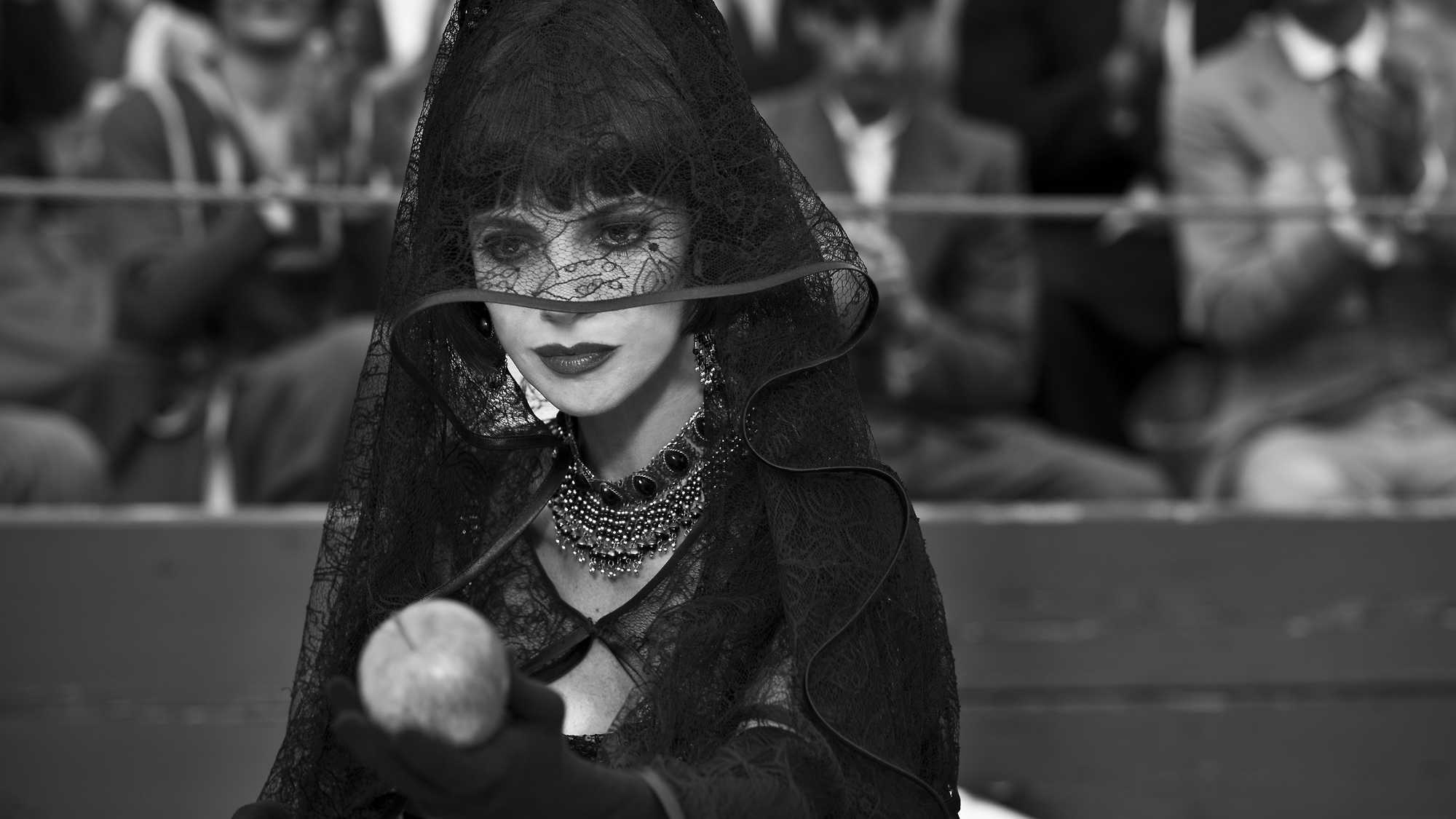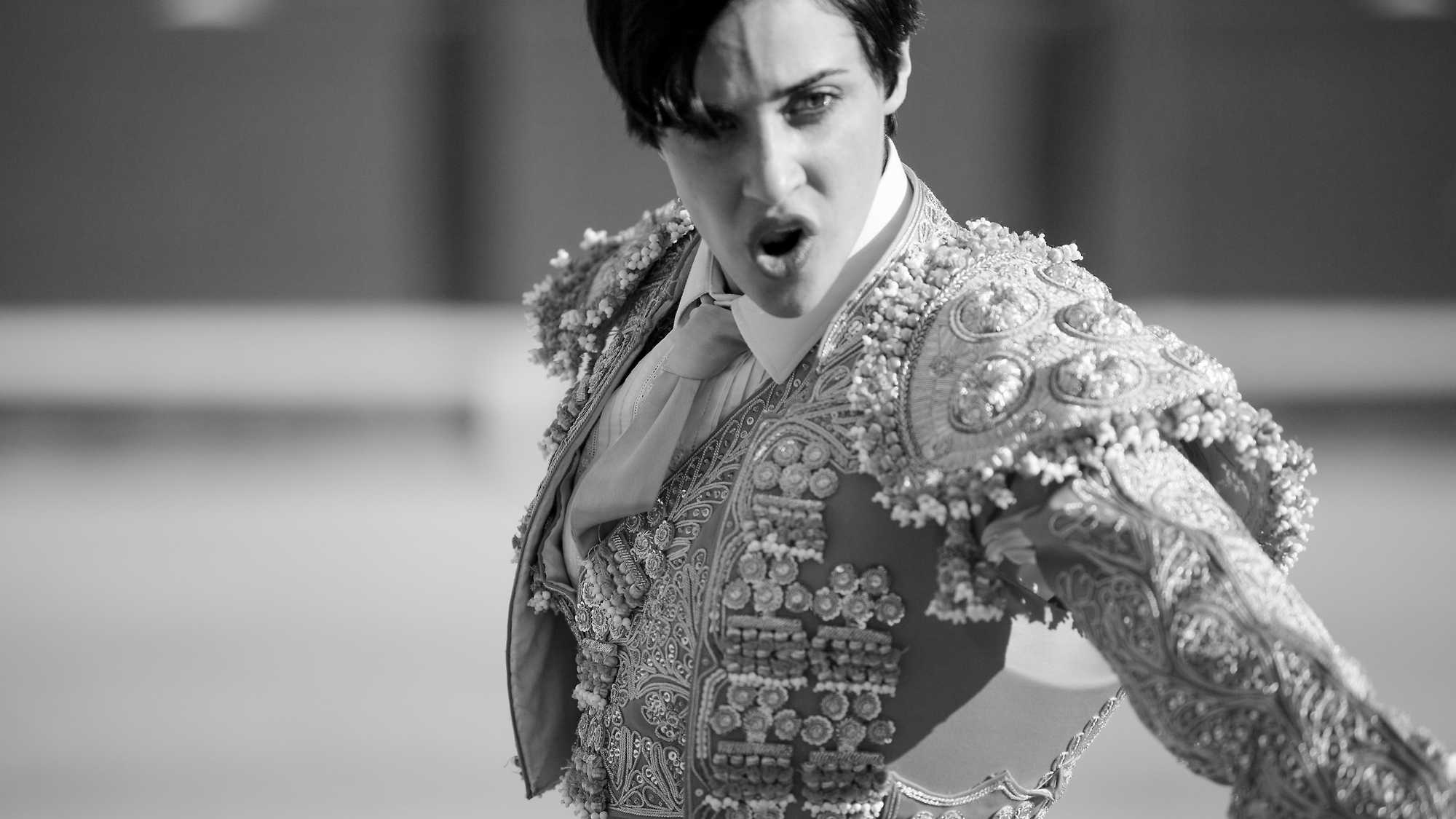The year’s most acclaimed and fabulously stylish Spanish film transplants a classic fairy tale to 1920s Seville. “Lavishly upholstered in silvery black and white; a grotesquely beautiful new take on the Snow White fable.” — NPR


Lavishly upholstered in silvery black and white; a grotesquely beautiful new take on the Snow White fable.
Screened as part of NZIFF 2013
Blancanieves 2012
Don’t be deceived by the silence nor the black and white – this retelling of Snow White by Spanish director Pablo Berger packs a wild and colourful punch. Three stunning Spanish actresses lead the cast, including a terrifically vain and evil stepmother (Maribel Verdú of Y tu mamá también). Our Snow White – daughter of a flamenco dancer and a bullfighter – is no passive spectator lying around waiting to be saved: Carmencita is a feminist heroine – pure in motive, adventurous and unconventional.
The rich setting of Andalusia in the 1910s and 20s provides a full-blown luxuriant landscape of forests, mansions and matador arenas. The visual opulence is matched by a vibrant flamenco score. Swift, bold cutting syncopates with Alfonso de Vilallonga’s soundtrack: this modern melodrama races along towards a non-traditional ending. It’s hard to imagine how faithful literalism to the original tale leads to incredible surrealism, but Blancanieves pulls moment after moment from its magic hat – the arrival of the poisoned apple seems a touch of some Almodóvar-like genius, and then you realise that was exactly the way the Grimm Brothers wrote it. — Jo Randerson
“Blancanieves deftly blends cinematic antiquarianism, period atmosphere and primal emotions. Set in Spain in the 1920s, it replaces the spooky northern European romanticism of the Brothers Grimm with a swooning, tragic sensibility native to (or perhaps stereotypically associated with) the Iberian Peninsula… [The] story hums with jealousy, vanity and other volatile passions.” — A.O. Scott, NY Times